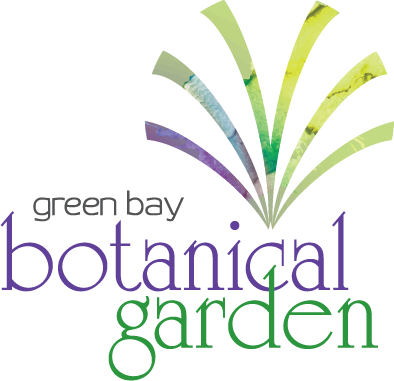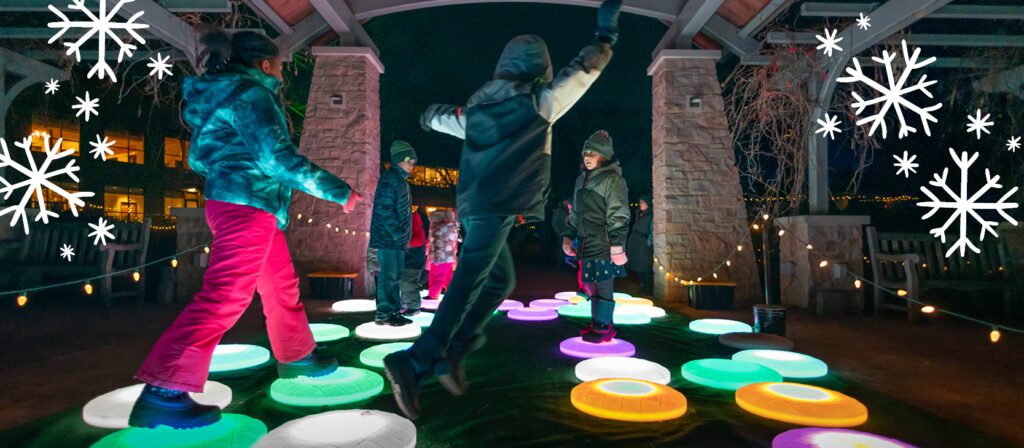Bees are more than a cute little fuzzy insect… they are hard at work making your landscape, neighborhood, and world a better place!
Even though they may sting once in a while, bees play an important role in the natural world.
What Do Bees Do for You?
Besides being the best producers for honey, bees have a key role in the pollination of nearly all fruits and flowers. If the bees were not here, we would be missing out on so much, from beautiful flowers and plants to several different fruits, veggies, and other grown food.
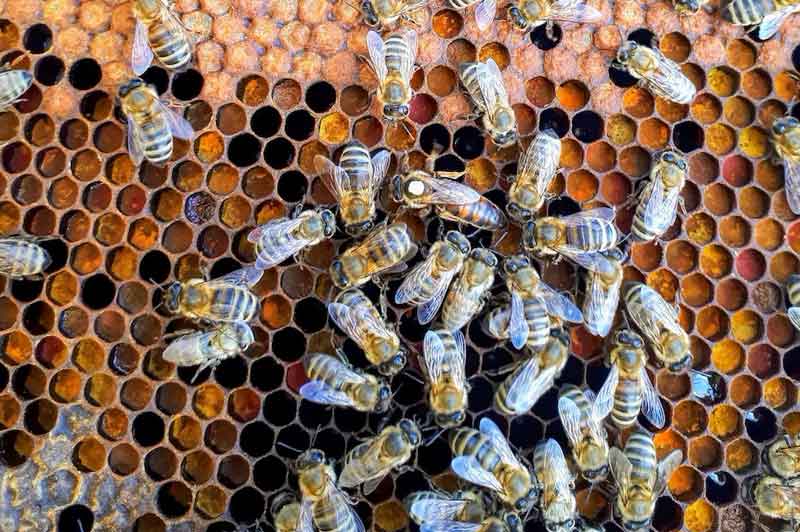
When bees leave their cozy hives or nests, they are in search of one thing: food. They are either searching for nectar – the sweet stuff flowers make that gives the bee energy, or pollen – the powdery substance flowers use to reproduce, which also serves as a protein source for the bees.
As bees feed, they hop from flower to flower, and through this process, they spread pollen from flower to flower. This is called pollination! Pollination is vital for plants to reproduce, produce seeds, and keep flowers and fruits bountiful! Without these hardworking pollinators, flowers are not able to produce as many seeds or flowers, resulting in leaving your plants hungry when they need it to be productive plants.
Bees in your garden = more pollination = bigger, better, and bountiful plants!
How to Attract Bees
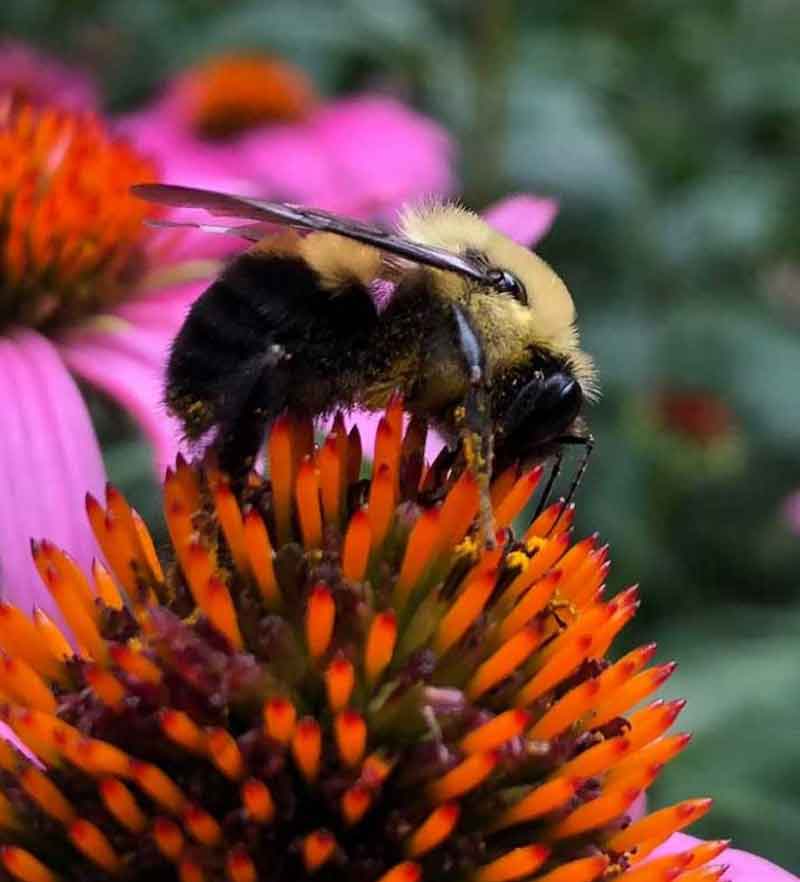
If you’re hoping to see more bees in your garden, landscape, or neighborhood, consider planting native flowers or plants that grow in your area. Bees are accustomed to certain plants and flowers and will most likely be attracted to those areas that thrive with native plants. Native plants are not only beautiful, but also attract the bees!
You can also give bees a resting stop. Just like us, after a long day of work, all the bees really need is a place to rest and maybe take a sip of water. If you have streams, lakes, or a water source already near you, your job is already done. But if you live in an area that is a bit dryer, consider placing a bird bath or a smaller dish full of fresh water outside. Bees can take a moment to recharge themselves after a long day of pollinating. You can also create an insect hotel where solitary bees can find respite during the year.

Finally, avoid using pesticides. Pesticides may be tempting if your garden has pests, but if you spray your garden or landscape with harmful chemicals, you will likely drive the bees away. They will be unable to find clean nectar or pollen to bring back to the hive to help their colony. So avoid pesticides or insecticides unless absolutely necessary, or even consider using more natural remedies to shoo away any unwanted visitors.
Bees are your friendly neighborhood superhero! They work hard to ensure flowers are pollinated and that their hive is in tip-top shape to help our environment. If you would like to learn more about the bees, visit Green Bay Botanical Garden to see our larger than life Bees on Honeycomb sculpture in our Bug B&B display as part of our Habitat exhibit! The sculptures were created by local artists, Naomi Moes-Jenkins and Casey Early-Krueger.
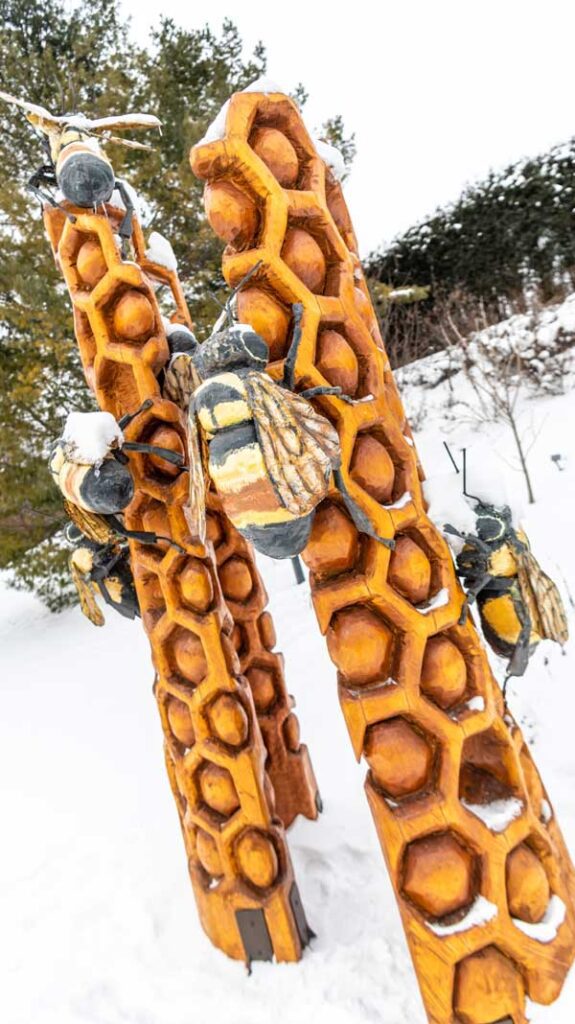
Habitat was developed by Smithsonian Gardens and is made available by the Smithsonian Institution Traveling Exhibition Service.
